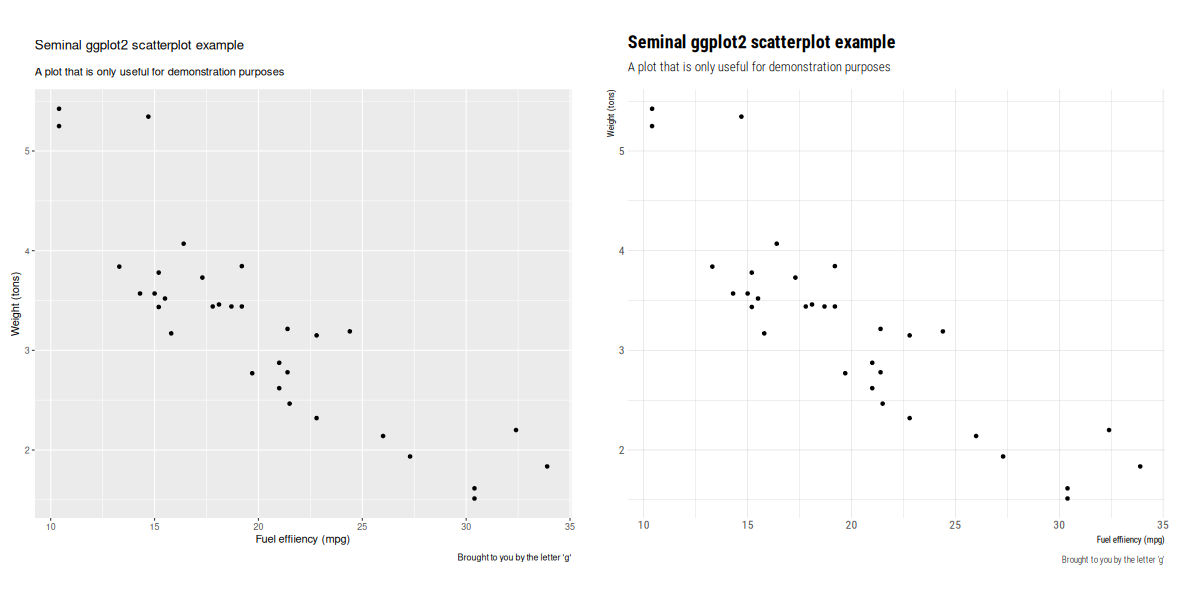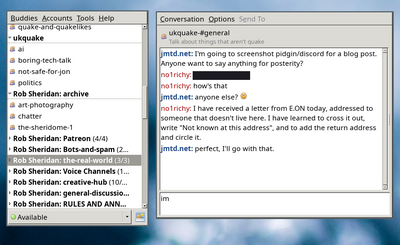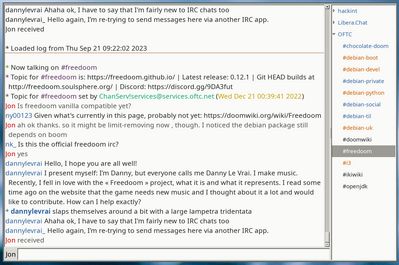In 2023, I finished and reviewed 53 books, continuing a trend of
year-over-year increases and of reading the most books since 2012 (the
last year I averaged five books a month). Reviewing continued to be
uneven, with a significant slump in the summer and smaller slumps in
February and November, and a big clump of reviews finished in October in
addition to my normal year-end reading and reviewing vacation.
The unevenness this year was mostly due to finishing books and not writing
reviews immediately. Reviews are much harder to write when the finished
books are piling up, so one goal for 2024 is to not let that happen again.
I enter the new year with one book finished and not yet reviewed, after
reading a book about every day and a half during my December vacation.
I read two all-time favorite books this year. The first was Emily Tesh's
debut novel
Some
Desperate Glory, which is one of the best space opera novels I have ever
read. I cannot improve on Shelley Parker-Chan's blurb for this book:
"Fierce and heartbreakingly humane, this book is for everyone who loved
Ender's Game, but
Ender's Game didn't love them back." This
is not hard science fiction but it is fantastic character fiction. It was
exactly what I needed in the middle of a year in which I was fighting a
"burn everything down" mood.
The second was
Night
Watch by Terry Pratchett, the 29th Discworld and 6th Watch novel.
Throughout my Discworld read-through, Pratchett felt like he was on the
cusp of a truly stand-out novel, one where all the pieces fit and the book
becomes something more than the sum of its parts. This was that book.
It's a book about ethics and revolutions and governance, but also about
how your perception of yourself changes as you get older. It does all of
the normal Pratchett things, just... better. While I would love to point
new Discworld readers at it, I think you do have to read at least the
Watch novels that came before it for it to carry its proper emotional
heft.
This was overall a solid year for fiction reading. I read another 15
novels I rated 8 out of 10, and 12 that I rated 7 out of 10. The largest
contributor to that was my Discworld read-through, which was reliably
entertaining throughout the year. The run of Discworld books between
The Fifth Elephant
(read late last year) and
Wintersmith (my last of this year) was the best run of Discworld
novels so far. One additional book I'll call out as particularly worth
reading is
Thud!,
the Watch novel after
Night Watch and another excellent entry.
I read two stand-out non-fiction books this year. The first was Oliver
Darkshire's delightful memoir about life as a rare book seller,
Once Upon a Tome.
One of the things I will miss about Twitter is the regularity with which I
stumbled across fascinating people and then got to read their books. I'm
off Twitter permanently now because the platform is designed to make me
incoherently angry and I need less of that in my life, but it was very
good at finding delightfully quirky books like this one.
My other favorite non-fiction book of the year was Michael Lewis's
Going Infinite, a
profile of Sam Bankman-Fried. I'm still bemused at the negative reviews
that this got from people who were upset that Lewis didn't turn the story
into a black-and-white morality play. Bankman-Fried's actions were
clearly criminal; that's not in dispute. Human motivations can be complex
in ways that are irrelevant to the law, and I thought this attempt to
understand that complexity by a top-notch storyteller was worthy of
attention.
Also worth a mention is Tony Judt's
Postwar, the first
book I reviewed in 2023. A sprawling history of post-World-War-II Europe
will never have the sheer readability of shorter, punchier books, but this
was the most informative book that I read in 2023.
2024 should see the conclusion of my Discworld read-through, after which I
may return to re-reading Mercedes Lackey or David Eddings, both of which I
paused to make time for Terry Pratchett. I also have another re-read
similar to my
Chronicles of
Narnia reviews that I've been thinking about for a while. Perhaps I will
start that next year; perhaps it will wait for 2025.
Apart from that, my intention as always is to read steadily, write reviews
as close to when I finished the book as possible, and make reading time
for my huge existing backlog despite the constant allure of new releases.
Here's to a new year full of more new-to-me books and occasional old
favorites.
The
full analysis includes some
additional personal reading statistics, probably only of interest to me.
 The Emacs part is superceded by a cleaner approach
I the upcoming term I want to use KC Lu's
web based stacker tool.
The key point is that it takes (small) programs encoded as part of the url.
Yesterday I spent some time integrating it into my existing
The Emacs part is superceded by a cleaner approach
I the upcoming term I want to use KC Lu's
web based stacker tool.
The key point is that it takes (small) programs encoded as part of the url.
Yesterday I spent some time integrating it into my existing
 Delighted to announce a new package that arrived on
Delighted to announce a new package that arrived on  The
The  The twentieth release of
The twentieth release of  The brief NEWS entry follows:
The brief NEWS entry follows:
 For reasons I won't go into right now, I've spent some of this year
working on a refurbished Lenovo Thinkpad Yoga 260. Despite it being
relatively underpowered, I love almost everything about it.
Unfortunately the model I bought has 8G RAM which turned out to be
more limiting than I thought it would be. You can do incredible
things with 8G of RAM: incredible, wondrous things. And most of
my work, whether that's wrangling containers, hacking on OpenJDK, or
complex Haskell projects, are manageable.
Where it falls down is driving the modern scourge: Electron, and by
proxy, lots of modern IM tools: Slack (urgh), Discord (where one of
my main IRC social communities moved to), WhatsApp Web
For reasons I won't go into right now, I've spent some of this year
working on a refurbished Lenovo Thinkpad Yoga 260. Despite it being
relatively underpowered, I love almost everything about it.
Unfortunately the model I bought has 8G RAM which turned out to be
more limiting than I thought it would be. You can do incredible
things with 8G of RAM: incredible, wondrous things. And most of
my work, whether that's wrangling containers, hacking on OpenJDK, or
complex Haskell projects, are manageable.
Where it falls down is driving the modern scourge: Electron, and by
proxy, lots of modern IM tools: Slack (urgh), Discord (where one of
my main IRC social communities moved to), WhatsApp Web











